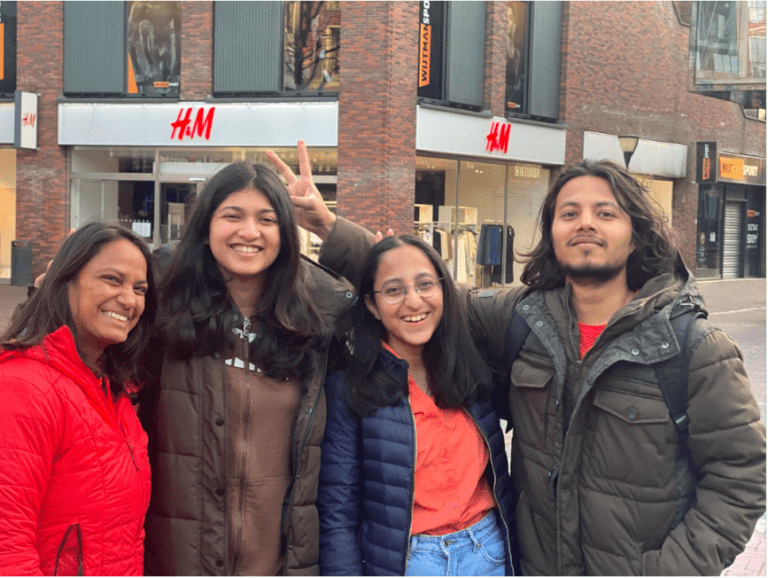They may be ‘totally useless at cooking’, but they are brilliant at building websites. This led TU student Neha Kalia to set up Peppercook, a platform for home-made meals.
(Photo: Pille R Priske via Unsplash)
TU Delft students can offer their own home-made food on Peppercook.com. Or they can order and collect home-made meals from various home chefs. The concept is exactly the same as Thuisgekookt.nl and Nibblr, but then targetted at students.
On the day of the interview with Neha, a hungry TU Delft student can choose a dessert (English pancakes), two types of drinks (Kombucha with or without ginger), and three evening meals: Mint Pilav with mixed vegetables (EUR 5), egg fried rice (EUR 6) and cheesy butter garlic noodles (EUR 4.5). The choice is different every day, says Neha. “There are more dishes on offer on some days than on others, but we hope to get more users over the next few months so that you have a wider choice every day.”
Restaurants are expensive
A student of Computer Sciences, Neha started setting up Peppercook a month ago and soon found a handful of friends to help. While she emphasised during the interview that she is not a great cook, she is crazy about food. “Living in the Netherlands now, I miss my mother’s food in India. Here you pay lots of money for an Indian meal that isn’t even half as good as what my flatmates cook.”
Building Technology master student Shriya Balan is one of the TU Delft students who regularly offers meals on the platform. “I love cooking. If you cook just for yourself, you often have too much. So I started putting my meals on Peppercook too.” She earns a little pocket money from her daily kitchen endeavours, but mostly does it because of her love of food. She most enjoys putting meals on the site which few others would even try to cook. “Typical dishes from my home city of Mumbai, for example, such as Ragada Pattice, Vada Pav, Pani puri or Aloo Tikki.” She is also going cook street food dishes from Mumbai.

Neha (second student from the left) and the friend who help with Peppercook. (Photo: Neha Kalia).
Cultural exchange
Does she have any tips for other cooks? “Cook something that reflects you or your culture. To my mind, food is the best way to let people learn about each other’s cultures.”
Peppercook is still in the testing phase, but Neha has lots of ideas. She hopes to expand the platform in the next few months. And this is not only about finding more users in Delft, but expanding to other cities. “There too are internationals who find it hard to find affordable and really good international food.” And she wants to take big steps in technology. “Offering meals should become so easy that it is just a question of picking up your phone and taking a photo.”
- TU Delft has several student initiatives related to food. Master’s student Tamara Monster started a meal swapping group and master’s student Lea Hartmeyer founded Food Sharing Delft.
Do you have a question or comment about this article?
a.m.debruijn@tudelft.nl


Comments are closed.